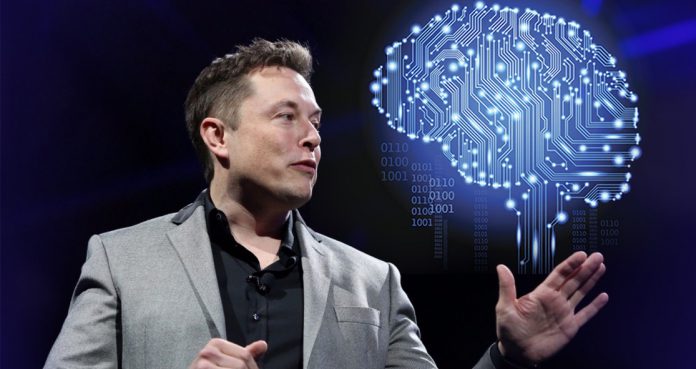Elon Musk, the co-founder of Neuralink, which aims to build a scalable implant that connects human brains with computers, has implanted neural chips in rats and now plans to test them in humans within two years, citing to merging their brain with Artificial Intelligence (AI).
Musk and Max Hodak founded Neuralink in 2017. Musk serves as the CEO and Hodak as the president of the company.
Implantable brain-machine interfaces have been around for a while. Many research companies and groups have been working on similar devices, including Brown University’s BrainGate, the University of Pittsburgh Medical Center and DARPA-backed Synchron.
Basically, there are two approaches to implanting the chip. First, it can be implanted invasively, creating an interface that directly touches the brain. Second, it can be done non-invasively by placing the electrodes near the skin.
Musk said that Neuralink is going to go with the first approach – the invasive one.
It has developed a chip that contains up to 96 small, polymer threads and electrodes that can be implanted directly into the brain through a 2 mm incision. The threads are tiny. Musk said on Tuesday, “If you stick something in your brain, don’t want it to be giant, you want it to be tiny.”
The entrepreneur said that upon implantation, the chip would connect wirelessly to devices. He said, “It basically Bluetooths to your phone. We’ll have to watch the App Store updates to that one.”
Both Musk and Hodak spoke about the potential benefits of their neural implants. They explained how the implants could help improve people’s lives with brain disabilities or brain damage.
The long-term goal of Neuralink is a bit more fantastical, which is to use the company’s scalable implants to create a “tertiary level” of the brain that would be associated with artificial intelligence. Musk said, “We can effectively have the option of merging with AI.”
He continued, “After solving a bunch of brain-related diseases, there is the mitigation of the existential threat of AI. This is the point of it.”
The company said that the implants have been experimented in rats. The chips were able to record their brain activity.
Having said that, many healthcare startups have learned that it is a long road to travel from rats to human, and it is not easy for everyone to make it happen.
The first human clinical studies, for Neuralink, are expected for next year. However, Hodak said that the company has not yet started the mandatory FDA processes to conduct such tests on humans. Musk said, “It’s not going to be like suddenly Neuralink will have this incredible new interface and take over people’s brains. It will take a long time, and you’ll see it coming.” He added, “Getting FDA approval for implantable devices of any kind is quite difficult and this will be a slow process.”























